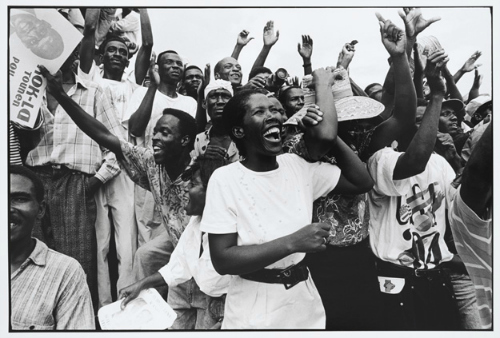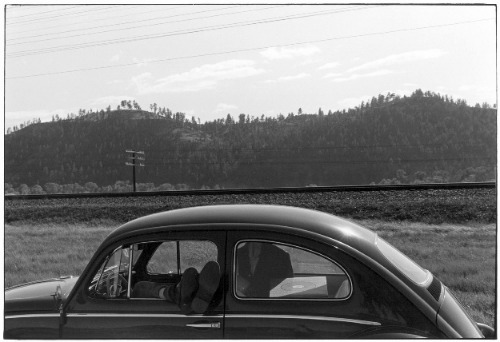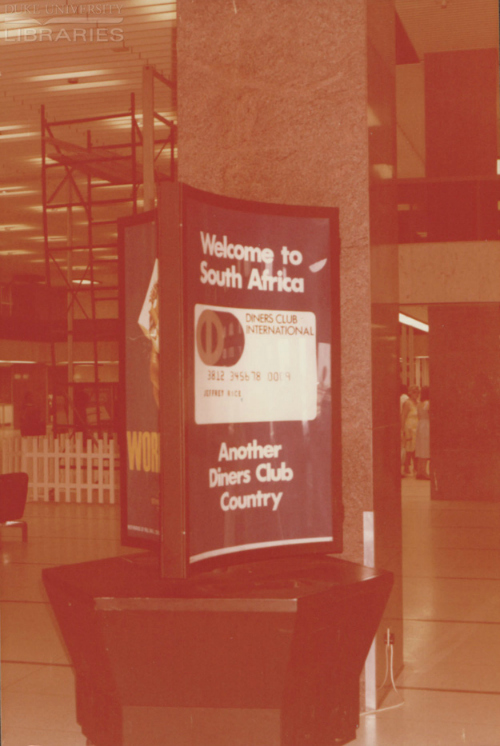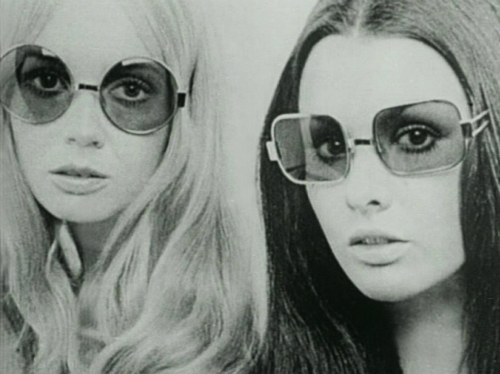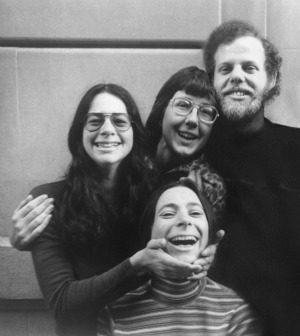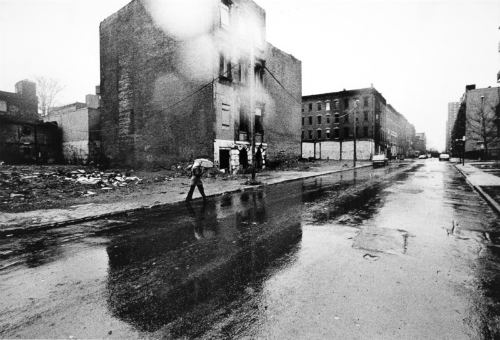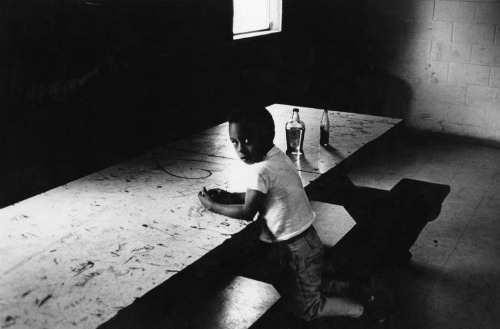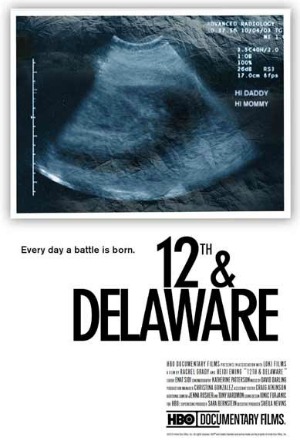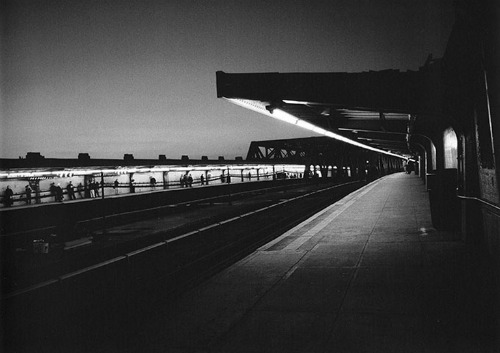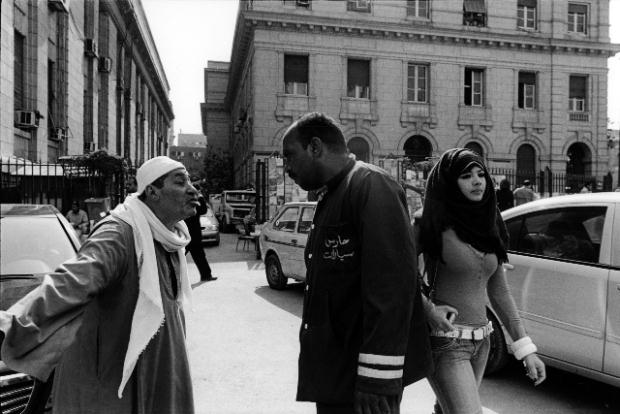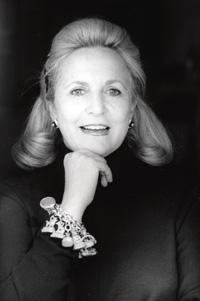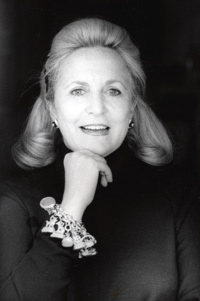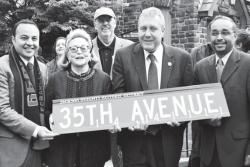We’re celebrating the beginning of a new fiscal year with a week’s worth of new acquisitions from the first half of 2012. Two newly acquired selections will be featured in a post every day this week. All of these amazing resources are available for today’s scholars, and for future generations of researchers in the Rubenstein Library!
- Samuel Bourne Photographs: Samuel Bourne is the best-known photographer of India under British rule, capturing landscapes, architectural studies, and genre scenes from 1863 to 1870. He co-founded the studio Bourne and Shepherd, still active today in Kolkata as the world’s oldest operating photographic studio. The Library has acquired over 300 of Bourne’s photographs, prized for their technical quality, their documentation of Indian sights, and the insight they can provide into British views of Indian life. The Bourne photographs are a valuable addition to a growing body of photographs of India in the Archive of Documentary Arts.
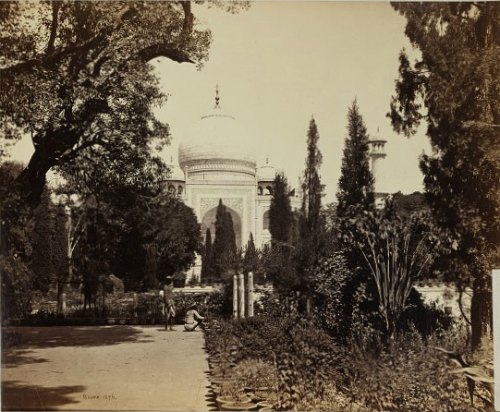
- Daniel Defoe, The Life and Surprizing Adventures of Robinson Crusoe; The Farther Adventures of Robinson Crusoe; Serious Reflections Upon the Life and Surprising Adventures of Robinson Crusoe: One of the most groundbreaking and influential narratives in literary history, Defoe’s tale of a castaway on an uncharted island has been endlessly reprinted, adapted, updated, copied, and critiqued since its first appearance in 1719. Thanks to a generous donation by Alfred and Elizabeth Brand, the Library now holds the second edition of The Life and Surprizing Adventures of Robinson Crusoe, printed days after the first edition in 1719, as well as first editions of the two continuations of the story, including the famous map of Crusoe’s “Island of Despair.” This invaluable set will be a jewel in the Library’s large collection of works by Defoe, and is also a key complement to the Negley Collection of Utopian Literature.
Previous posts:



